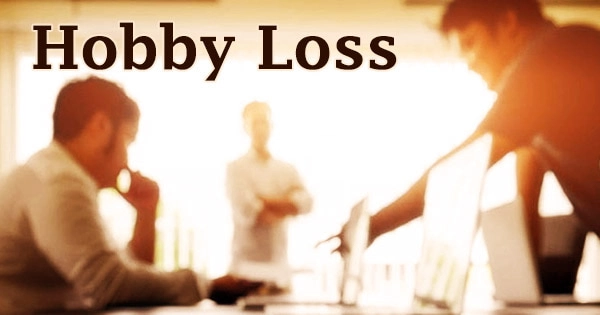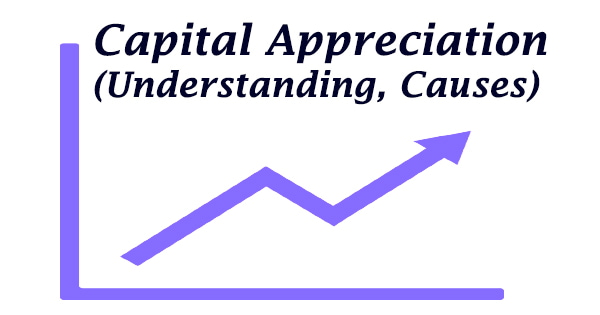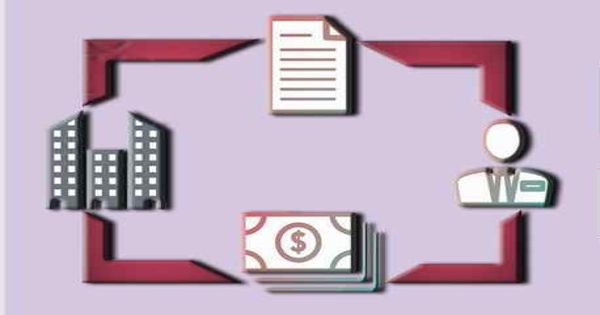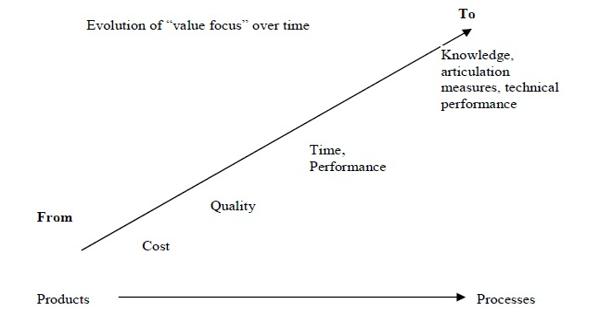The word “hobby loss” is an accounting and tax term that refers to a specific form of loss or expenditure. It refers to a loss incurred as a result of a business that the Internal Revenue Service (IRS) considers to be a leisure pastime or hobby. It additionally alludes to a total deficit created from a sporting action or chasing after a diversion that can’t be utilized to balance irrelevant pay for charge purposes. Citizens can’t guarantee and recover this cash when the office says it is spent while seeking after a diversion.
This is due to the fact that losses for spending in excess of hobby income are not allowed. This implies that these costs are not tax-deductible in the same way that business expenses are. A hobby loss is defined by the Internal Revenue Service (IRS) as a cost related to a leisure activity or anything done for enjoyment that generates some form of revenue. Prior to 2018, taxpayers were permitted to deduct certain losses from an activity if they didn’t exceed the activity’s gross revenue.
The Tax Cuts and Jobs Act disposed of all separated random derivations between the 2018 and 2025 duty years. Numerous citizens take part in sporting exercises or diversions that produce misfortunes. Assuming anyway the action is embraced to create a benefit it very well may be viewed as a business and the overall deficit would be deductible against other pay.
As a result, distinguishing between a hobby and a business is critical for tax purposes and reporting, because different activities and expenses are taxed differently. Expenses are an unavoidable element of running a business; you must spend money in order to generate money. Expenses that are required to carry on a trade or business, incurred to generate income, or spent for company investments are all deductible.
When your entire costs surpass your profits notwithstanding a profit motive, the loss might be used to offset unrelated income. The IRS Internal Revenue Code Section 183, also known as the “hobby loss rule,” specifies which expenses (losses) can be deducted from income earned from hobbies and other non-profit or recreational activities. Although the IRS’s process for establishing what constitutes a hobby is rather complicated, the notion of calculating a hobby loss is very straightforward.
Any pay you procure is available and should be guaranteed, regardless of whether it come from your manager. This incorporates any low maintenance and impermanent work, side gigs, and sporting pursuits that lead you to create a gain. The government organization distributed an aide that illuminates the definition regarding what is viewed as a “revenue-driven action” concerning pastimes or sporting exercises.
Section 183 of the Internal Revenue Code was created by the IRS to reduce the number of taxpayers (businesses and other natural persons) deducting and/or reporting unqualified expenses as business losses, even if the expenditure items were related to hobbies and other non-profit or recreational activities.
The pastime misfortune rule of the Internal Revenue Code (IRC) endeavors to check apparent misfortune allowance maltreatments by specialists. The pastime misfortune rule applies to people, S organizations, trusts, bequests, and associations, however not to C enterprises. As a result, deductions for non-profit activities are restricted. Individuals, partnerships, trusts, S companies, and trusts are all covered by the revenue law, but C corporations are not.
The IRS said that taxpayers would be prevented from deducting losses for non-profit activities such as filming, racing, animal breeding, writing, and so on, and that the losses would be limited to the money earned. Profit must be shown for three of the five tax years in a row. Some sports, such as horse racing, have slightly different rules.
Citizens occupied with these exercises should build up a benefit intention to stay away from the side interest misfortune constraints. For citizens whose exercises do to be sure establish a diversion, the IRS has illustrated the accompanying grouping of reasonable allowances that can be guaranteed and recorded as separated derivations:
- “A taxpayer’s deductions for personal and business expenses, such as house mortgage interest and taxes, may be taken in full.”
- “If gross revenue for the activity exceeds the deductions from the first category, deductions that do not result in an adjustment to base, such as advertising, insurance premiums, and wages, may be taken next.”
- “Depreciation and amortization, which diminish the basis of property, are taken last, but only to the extent that gross revenue for the activity exceeds the deductions made in the first two categories.”
The side interest misfortune decides assumes that a movement is for-benefit if the activity is beneficial for three out of the past five years finishing with the current available year. For activities including ponies, the time period is two of the past seven years. Hobby costs that don’t pass the IRS’s three-tiered deduction structure aren’t tax-deductible. Non-deductible hobby losses apply to hobby costs that exceed hobby income.
Information Sources:
















